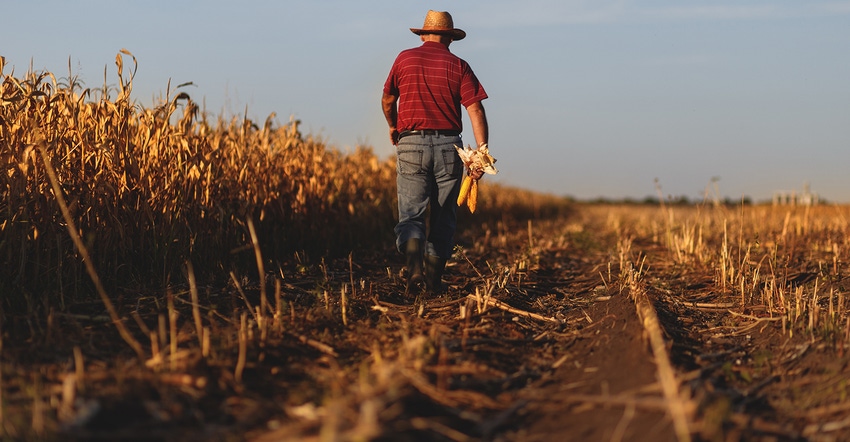January 31, 2019

In a poor farm economy, some farmers may opt to accelerate their exit from farming. Though this may be acceptable in some circumstances, the process of a farm exit should be well thought out and well timed.
Making adjustments to the farm exit strategy midstream could have big impacts on the exiting farmer’s retirement as well as the overall financial well-being of the farm operation.
One area of particular concern is with income taxes. An untimely exit from farming can result in unplanned income taxes due to the sale of grain, machinery and equipment.
The final crop year
Crop farmers generally have greater taxable income in the year they retire. The reason for this is that most crop farmers operate on a cash basis. As a result, most expenses are incurred in the year prior to harvesting the crop. In the final year of farming, retiring farmers will not have the input expenses for next year to deduct against the harvested crop. When the farmer goes to sell the final crop, the grain will be sold with low or no expense deductions.
In a distressed farm operation, it is important that the exiting farmer consider the tax consequence if he or she suddenly stops farming. The exiting farmer should attempt to defer the grain income to years when he or she is in a lower income tax bracket; or exit over a period of years, reducing the crop operation incrementally each year.
Equipment sales
When a farmer sells equipment, there likely is little or no basis left in the equipment because of the depreciation write-offs taken. Since most equipment has been fully depreciated when the farmer sells, there will be a recapture of this depreciation. This recaptured depreciation is taxed as ordinary income in the year of the sale. Exiting farmers should recognize how this recaptured depreciation diminishes the net value of the equipment and take this into consideration when exiting. This is especially important when selling equipment that is encumbered by purchase or operating loans.
Some sellers reduce the effect of the recapture tax by leasing the equipment to a family member who is continuing the farm operation. This allows the income to be spread over several years. This lease can also provide an option for the purchase of the equipment at the end of the lease.
The lease option may work well to lessen the tax burden. However, in the case of a distressed farm, this will not help the exiting farmer, who needs to liquidate quickly to pay off loans and expenses.
Balzarini is an attorney at law for Miller Legal Strategic Planning Centers, P.A. Email your questions and comments to Miller Legal at [email protected].
About the Author(s)
You May Also Like






